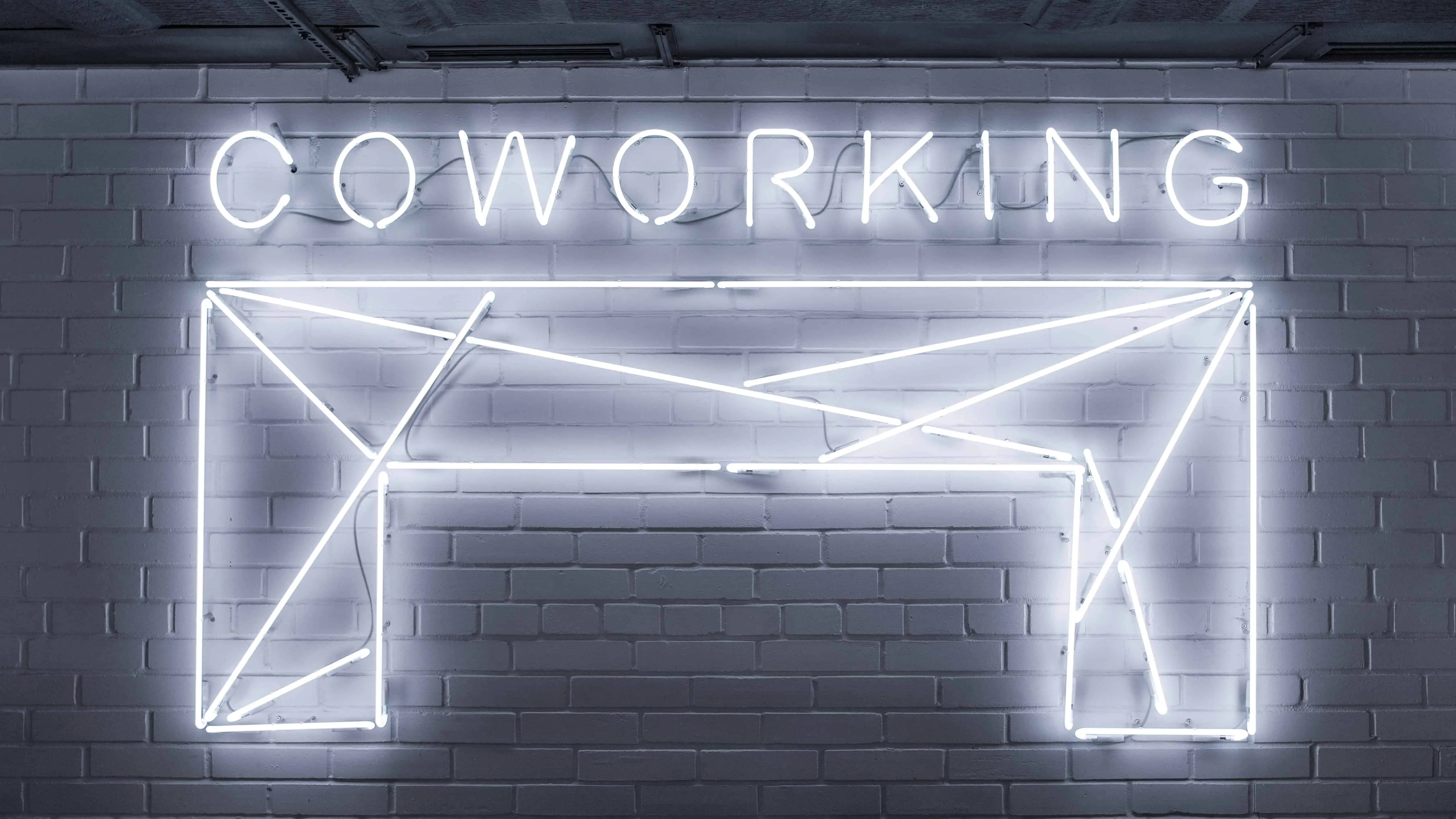In the past decade or so, technology has really reshaped the traditional notions of what office spaces are, as well as what going to work should be like. Thanks to the internet and digital communications, employees don’t have to limit themselves to their local area or the nearest city, since the concept of remote working has been fully embraced. And for those who like to go to work, coworking has been a real game-changer . However, all of the future predictions have now been discarded due to the global pandemic, and it’s pretty challenging to see how things are going to develop. One thing is for sure, though: unless there is a solution for the coronavirus in the near future, the traditional workplace is pretty much a thing of the past.
. However, all of the future predictions have now been discarded due to the global pandemic, and it’s pretty challenging to see how things are going to develop. One thing is for sure, though: unless there is a solution for the coronavirus in the near future, the traditional workplace is pretty much a thing of the past.
But, even before there was a pandemic, as many as 4.7 million people were working remotely in the US , which makes about 3.4% of the workforce. Of course, that number has skyrocketed by now, at least in those industries which can function with their workers being present only online. Also, according to research by Gartner, 88% of companies worldwide
, which makes about 3.4% of the workforce. Of course, that number has skyrocketed by now, at least in those industries which can function with their workers being present only online. Also, according to research by Gartner, 88% of companies worldwide have encouraged their employees to work from home as a result of the coronavirus pandemic. Now, with the traditional office not only being less appealing to workers, but also an actual health hazard, let’s take a look at how 2021 will reshape flexible office spaces
have encouraged their employees to work from home as a result of the coronavirus pandemic. Now, with the traditional office not only being less appealing to workers, but also an actual health hazard, let’s take a look at how 2021 will reshape flexible office spaces .
.
1. Coworking Will Live On, but It Will Have to Change
One of the reasons why coworking was so popular is because a lot of people missed the social component of going to work and hanging out with their colleagues, which often made the job a lot easier. However, with everything social taking a backseat in 2020, and most likely in 2021 as well, coworking will also have to undergo some through changes. First of all, the concept of hot desking, which involves a shared workstation among several different employees at different times, might actually be the best solution during these troubled times. But, with more people using the same computer and other equipment, more strict and more frequent sanitary measures will have to be implemented for hot desking to be safe.
Second, the idea of having a communal space, which is the ultimate appeal of coworking, will have to be retooled. This can be done by limiting the number of people that can be present in the area and by cleaning, and/or by employing dividers and adding private offices. Of course, the latter option pretty much goes against the whole idea of coworking, but such measures will have to be taken in order to avoid turning the entire office into one large Petri dish.
2. Workers Will be More Aware of the Space around Them and Each Other
For those companies which have moved their entire workforce online, this would be an issue. For instance, AssignmentHolic is a company that has been operating entirely online for years, with its employees being scattered all over the world. However, there are plenty of companies that won’t allow their workers to work from home, and there are even more of those which simply can’t because of the nature of the job. So what happens to those office spaces? Well, it is certain that we will see an increase in the implementation of touchless technology. We used to be skittish around toilet doorknobs, but now every doorknob, every single switch or surface is a potential threat.
is a company that has been operating entirely online for years, with its employees being scattered all over the world. However, there are plenty of companies that won’t allow their workers to work from home, and there are even more of those which simply can’t because of the nature of the job. So what happens to those office spaces? Well, it is certain that we will see an increase in the implementation of touchless technology. We used to be skittish around toilet doorknobs, but now every doorknob, every single switch or surface is a potential threat.
For starters, people will want to avoid crowding, which will require organizing a more steady circulation of the workforce. Also, new disinfectant materials will be used generously for work, kitchen, and sanitary surfaces, due to their ability to kill off pathogens. The same goes for anti-microbial paint, which can fight off viruses and bacteria for years after it has been first applied. Keeping distance will also be strongly encouraged, and it is very likely that graphics and signaling will be used to achieve this, as well.
3. Flexible Office Spaces Will Look Different
One of the trends in office design that has been really prevalent in the past few years is the open space approach. Although this did away with the dreaded cubicle where employees felt physically and socially disconnected from one another, it has also brought some issues of its own. Sure, open space looks cool and airy, but there is also no privacy whatsoever, and anyone could gawk into your monitor and see exactly what you were doing. And now, because of the pandemic, zero separation has become a huge problem. It seems like cubicles are about to make a triumphant return, at least to an extent.
There will definitely be more barriers and separation among employees and companies will have to reorganize desks. Currently, desks are usually placed next to each other or are facing each other. If possible, desks will be spaced further apart, and in case that’s not possible, it is not unlikely that the workers will sit at their desks with their backs turned to each other. Conference rooms that used to be able to hold 10 or more people will only be used to hold up to five people, whereas the rest will have to participate remotely for their homes or from their work areas.
4. Flexibility Will No Longer Be Viewed as a Benefit
Working from home for a few days during the week used to be one of the best perks companies used to lure in the top employees, but now, that amenity will have to become a given. Until we are absolutely sure that the vaccines or other treatments for the coronavirus are absolutely safe and effective, we will have to accept home offices as our new reality. This is also necessary to keep the economy afloat. Many employees will also find home offices beneficial because it allows them to care for their children or elders, and to spend more time with them, since they won’t be losing any on their way to and from work. Companies will see benefits, since they will be able to rent smaller, more flexible office spaces.
5. Mental Well-Being Will Become Essential
The coronavirus pandemic affects us in more than one. It is not only a threat to your physical health, but psychological and mental as well. Not knowing if you or your loved one will live through the pandemic, as well as being disconnected from your friends and all of the social activities that you used to enjoy will only add to everyday work stress. And there is also economic uncertainty which might affect all of us. As a result of this, companies will have to create dedicated “work-free” spaces. This will allow employees to take their minds off work, relax, drink coffee, and recharge. These spaces will have to be private, calm, and comforting, to allow them to rest or take personal calls. It’s an investment, but only a happy, healthy employee is a productive employee.
Final Word
The coronavirus has pretty much changed everything, and coworking and flexible office spaces are no exception. The irony is that these spaces, being flexible and open to start with, will have to become more restricted. Let’s hope that it’s only temporary.
Author Bio
|
|
Michael Gorman is UK-based Assignment Masters freelance proofreader and PhD dissertation help writer. In addition to this, he is also a blogger interested in different aspects of humanity.
|


